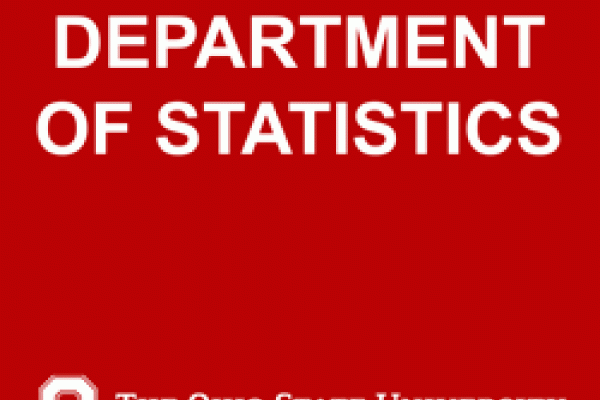
Juhee Lee, Department of Statistics, The Ohio State University
Minimally Informative Nonparametric Bayesian Analysis
This is joint work with Dr. MacEachern and Dr. Bush. We address the problem of how to conduct a minimally informative, nonparametric Bayesian analysis. We show that applying the standard approaches to developing noninformative analyses leads to inference that, in important respects, does not depend on the data. We develop the limiting Dirichlet process (limdir) model which is derived from the limit of a sequence of mixture of Dirichlet process models. It is shown that the posterior distribution under the limdir model is proper. The key is that the ''local mass'' (defined in the paper) under the limdir model is a positive constant for each compact, non- null measurable set. Also, it is shown that the particulars of the sequence that takes one to a given local mass are of little importance and so we have the freedom to choose a convenient sequence. We use the limdir model for the compound decision problem and compare it to mixture of Dirichlet processes (MDP) models on actual data. The limdir model performs better than the MDP models, especially when a great deal of case-specific information is available. This holds both for sum-of-squared error loss and for likelihood-based criteria. This difference in performance is a consequence of the unevenness of local mass in the tails and the center of the MDP models.
Meet the speaker in Room 212 Cockins Hall at 4:30 p.m. Refreshments will be served.
Yi Liu, Department of Statistics, The Ohio State University
Testing for Efficacy in Primary and Secondary Endpoints by Partitioning Decision Paths
First, following the suggestions by professors Peruggia and Cressie on my earlier presentation (Statistics and Biostatistics Colloquium, Feb. 5, 2009), I will report on a simulation study comparing the power of our path partitioning method with competing gatekeeping methods.Then, I will pose a puzzle, about how a gatekeeping garden path in the far east may be connected to professor and Mrs. Whitney.
Meet the speaker in Room 212 Cockins Hall at 4:30 p.m. Refreshments will be served.
